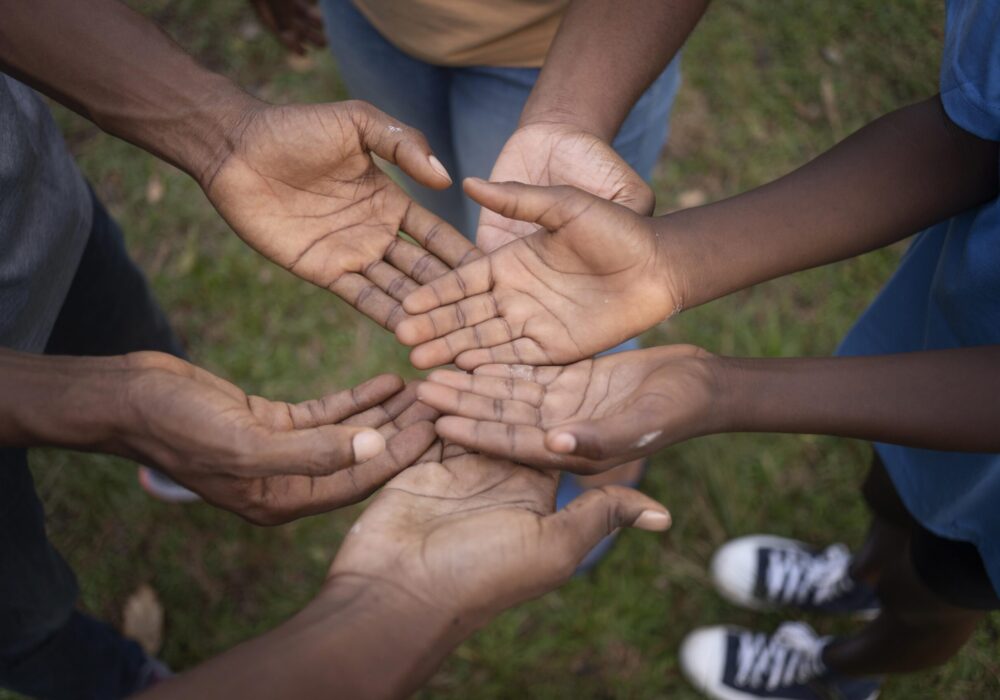SALF is a synergy force, an independent and a not for profit organization founded in 2001, as viable alternatives, democratization instrument and a defense of human rights and fundamental freedoms, building strategic partnerships, promoting organization, inclusion and participation of an informed and empowered citizenry, strengthen and perfect public institutions in response to the will, wants, and aspirations of the people of South Sudan. SALF derived its goals, objectives, mandate, philosophy, authority and legitimacy from its founders and subsequently, the stakeholders that formed basis of its membership, including wider spectrum of the diverse individuals, professionals and groups from different regions of the world that has joined the membership, an associate, honorary or affiliate members over time of the existence as an institution.
SALF since formation to the time when its legally registered by the Ministry of Justice in 2007 and later as requirement it as obtained operation certificate from the Relief and Rehabilitation Commission (RRC) 2017. SALF as an institution has been receiving funding from donors for the execution of its projects and continue to involves in public education, awareness raising and engagement in promotion and advancement of peace, respect for human rights and dignity, democracy and good governance, upholds of the rule of law. Others initiatives were on the livelihoods security enhancement of the local communities, environmental protection, natural resource management, research and advocacy engagements. SALF has worthy experiences gained in course of its work with public and private entities in building and strengthening capacities of local communities and other actors through basic hands-on training, advocacy and outreach.
SALF has implemented some projects and activities that fostered good governance, human rights’ documentation, monitoring compliances and reporting, advocacy, policy and research initiatives. conflict resolution and mitigation, social reconciliation, provision of humanitarian assistance and protection of the people affected by violence conflict and the natural disasters, including offering them psychosocial, emotional and legal litigation support. In addition, SALF has supported projects on water sanitation and hygiene, and the livelihoods. furthermore, SALF has been engaging the communities in promotion of transitional justice processes and developing wider scale basis for development innovations, conflict and poverty reduction in Upper Nile, Jonglei, Central Equatoria, Lake, Western Equatoria, Western Bhar El Ghazal, and Unity States, Rweng Administrative Area and the Greater Pibor Administration Area (GPAA) among other states of South Sudan.
SALF is currently in its mid-development stages, with some progress made can be used as an entry point for rural development initiatives, an initiative from the main office in Juba that oversees the overall co-ordination of program activities alongside facilitation of linkages locally, nationally, and regionally. SALF has field bases and focal point contacts that supporting programs implementation in its operational areas. SALF has Seven (7) Governing Board and 4 Senior Advisors members, which supporting the President who runs daily activities and supervises all SALF programs. The Headquarters and Field Offices structures for SALF are equipped with necessary assets. The human, finance and the material resources that have been acquired by SALF and utilized through elaborate systems all along and ensured transparency, integrity and accountability. SALF has over the decades worked with the populace, the electorates, residents, poor and destitute people among the target communities, with the aim of helping them to realize social justice, civic and political space, attainment of economic wealth; which also focused on mainstreaming the participation of children, youth, women and men throughout its activities, knowledge improvement and capacity building program.
SALF’s established methodologies, practices and approaches that are widely known within operation areas and beyond. SALF intends to capitalize on this fact in up-scaling and replication of its learning and expertise with its human resources and other assets. Through these strategies, SALF will maximize the envisaged donor investment through utilization and dissemination of the specialized knowledge, practices and technologies to local population, indigenous organizations, INGOs; government, research and learning institutions such as universities which are committed to strategic rural development in the regions. The specific strategies to implement element of this proposed strategies and development plans are:
- Enabling academic and research institutions to access the SALF data base; conduct further research studies, collate data and produce analytical presentations and reports that will enhance the achievement of SALF’s goal and purpose.
- Enabling appropriate coordination and facilitation of effective and efficient development programs.
- Enhancing citizen inclusion, participation and empowerment in all aspects of their development aimed at fostering collaboration and networking within the productivity partnership course.
SALF, through the above listed specific strategies and plan, SALF shall replicate the implemented project activities; spread the knowledge, best practices and lessons learnt from the results achieved to date in the operational areas, and spread the benefits to other populations in at least two or three additional bases, which comprise vulnerable and needy populations if possible the resources avail to add to the current SALF’s operational areas in South Sudan.

